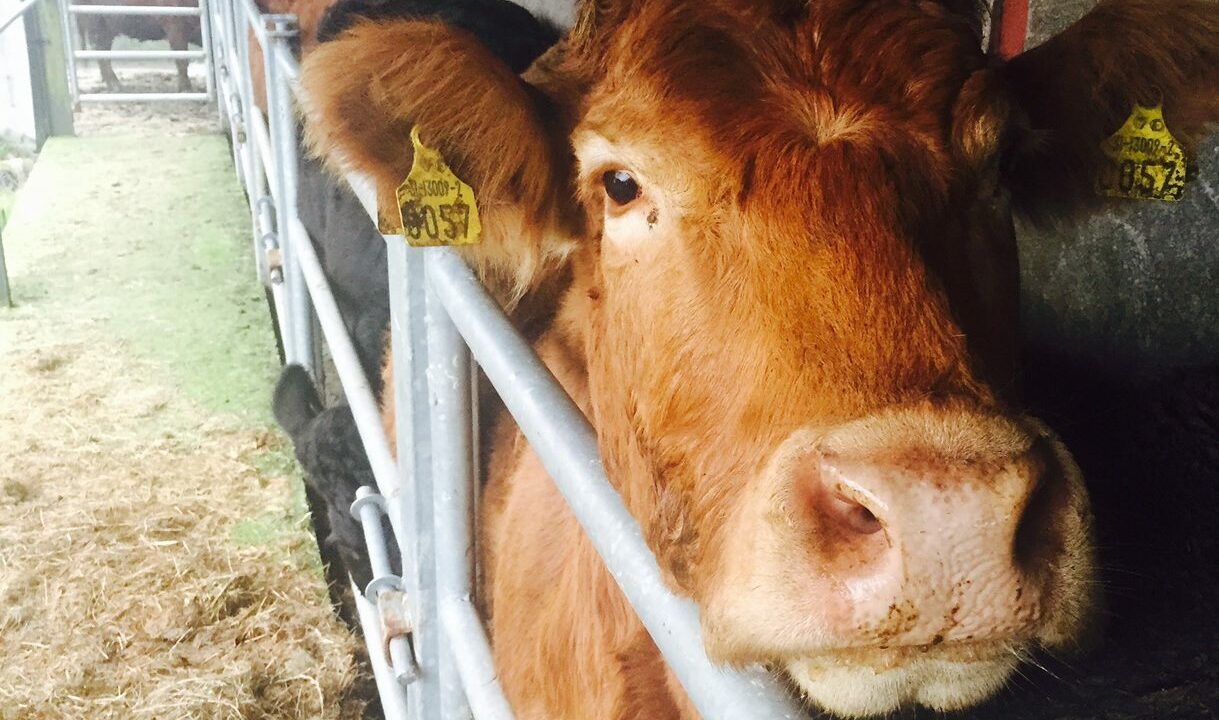Cattle that tested positive for TB remained on Irish farms for 27.9 days in 2016 before they were removed, latest figures show.
The figures were released by the Minister for Agriculture, Food and the Marine, Michael Creed, in response to a question from Fianna Fail TD, Brendan Smith.
Smith questioned if there have been incidents of diseased animals remaining on farms for undue periods, due to delays on his Department’s part in finalising valuations.
The average number of days for reactors to be removed from Irish farms in 2016 remained below the legal requirement of 30 days set down in EU legislation, Minister Creed said.
My Department endeavours to have reactors removed from a holding as quickly as possible and, indeed, it provides a fully state-funded reactor removal service to facilitate this.
“However, there are many factors beyond the control of my Department which may delay the removal of reactors,” he added.
These factors include delays on the part of the herdowner in accepting a valuation, according to Minister Creed.
There is also a need to comply with EU regulations, which prohibit the transport of animals in late stages of pregnancy or cows that have recently calved, he said.
Delays might also be encountered if medication has been administered to animals shortly before the skin test, he said.
The Department does not believe that such delays constitute a risk to other animals in the herds, Minister Creed said. This is because farmers are required by law to segregate reactors from the rest of the herd and to take other biosecurity precautions – thereby mitigating the risk of the spread of disease, he added.
Approved Department Valuers
Minister Creed also confirmed that all valuers on the Department’s approved list of valuers are experienced in the cattle trade and up to date with livestock valuations.
Following a competitive tender process, my Department issued contracts to 73 valuers from November 1, 2016.
“Tenders were evaluated on the technical and professional abilities identified by the candidates in their application, and on a demonstration of their expertise in the area of bovine livestock evaluation and assessment.
“Valuers also undertook training before the start of their contracts and are required, under the terms and conditions of their contract, to keep up-to-date with market prices and trends in livestock breeding,” he said.
